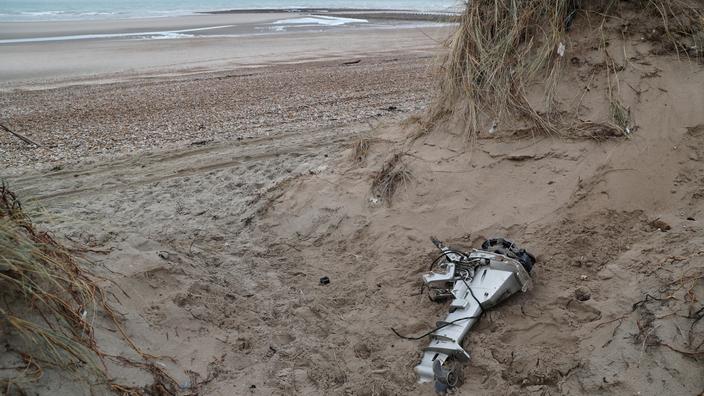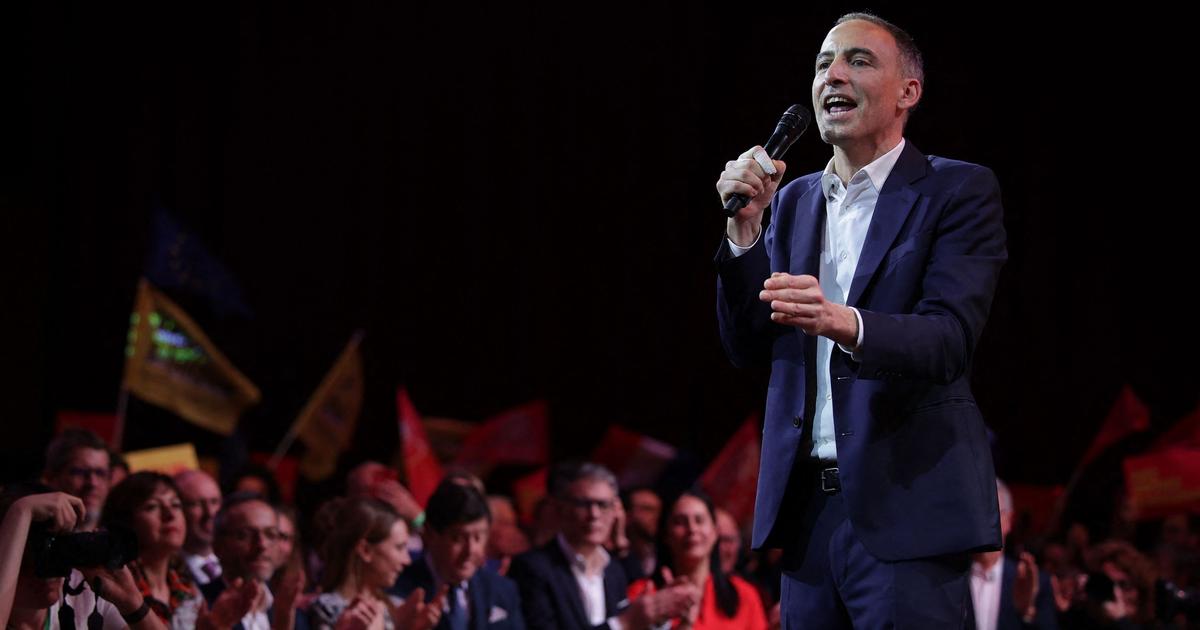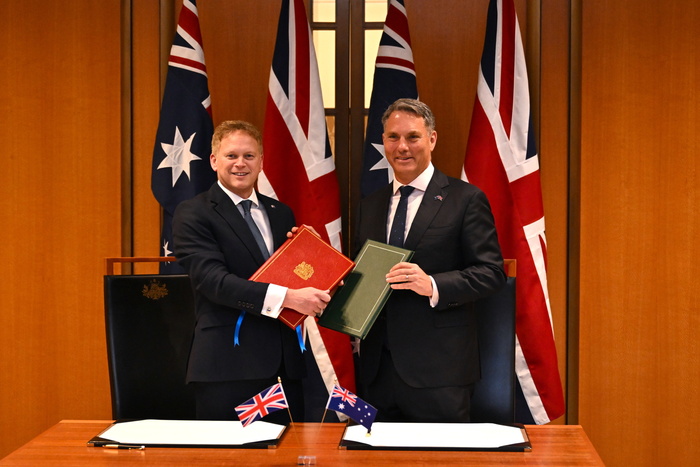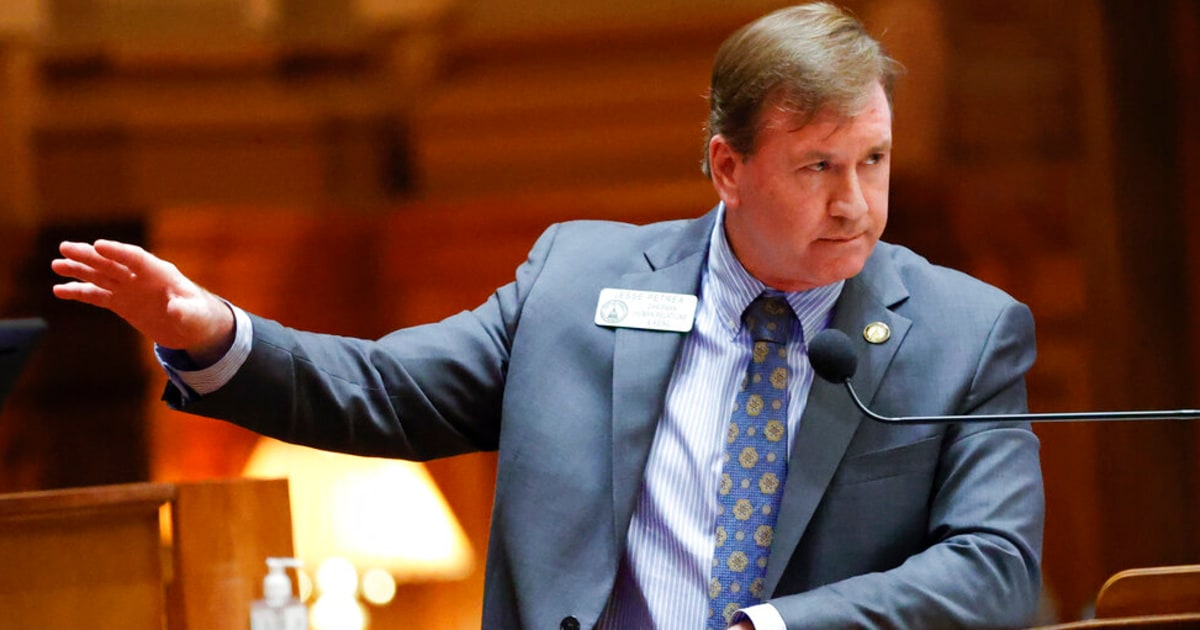Patrick Stefanini is Honorary State Councilor and former Secretary General of the Ministry of Immigration. He recently published
Immigration: these realities that are hidden from us
(Robert Laffont, 2020).
He is also campaign director for Valérie Pécresse.
FIGAROVOX. - At least 27 people, including seven women and three young people, perished off Calais. This shipwreck is the "worst accident", according to the maritime prefecture of the Channel and the North Sea, since the soaring, in 2018, of migratory crossings. How could such a tragedy come about?
Patrick STEFANINI. -
That was to be expected.
For years, and in successive stages, we have made safe passage to England impossible.
We first locked the tunnel under the Channel, then the ports and in particular that of Calais.
Significant investments, financed by the British under the Touquet agreements, have enabled the installation of extremely powerful scanners thanks to which practically no migrant hidden in a truck can escape checks.
We can demand that the United Kingdom finance the security of the Channel Tunnel, the security of the ports and mainly that of Calais, but also that it finance the surveillance of our coasts.
Patrick stefanini
From this point of view, it is quite logical that migrants try their luck on board small boats. It started three years ago and has intensified a lot in the last five or six months. But unfortunately the Channel is not stable. First, because the sea is always hostile, but also because the North Sea is a channel frequented by huge merchant ships. These ships are dangerous for the fragile boats aboard which migrants try their luck. What happened was predictable from this point of view. Migrants have been dying in these conditions for several years, but never before has it taken on such a scale.
The associations question the growing lockdown of the port of Calais and Eurotunnel, used until then by migrants trying to reach England. How to fight against illegal immigration while avoiding these human tragedies?
It is necessary to combine a measuring beam.
If these migrants, who come from Asia or the Horn of Africa, want to reach England, it is because they have already succeeded in entering the European Union.
The first solution is therefore to strengthen control at the EU's external borders.
It is absolutely essential and it is played out on several fronts: on the border between Greece and Turkey, in Lampedusa or on the border between Poland and Belarus.
The EU is fully entitled to control its external borders and to do so in a rigorous and serious manner.
We still have a long way to go in this area.
Read also Daniel Fasquelle: "Why the whole of the Opal Coast is becoming a retention zone"
I recall that Frontex had written in unpublished reports that around 20% of people checked at the border were not subject to a file passage (this means that we do not check whether they are registered in anti-terrorism files). In addition to these, there are those that are not subject to control.
That said, there will always be individuals who will pass and that brings us back to the situation in Calais. Basically, there are two main families of solutions. The first is to tell the English that we are giving up the Touquet agreements and that we no longer play the role of border guards for them. This is a tempting solution, not least because the British have left the EU and could therefore be referred to their own problems. However, there are two major drawbacks, the first being that migrants will flock massively to the French coast to try their luck. They will then park for weeks on the spot with the jungle phenomena that we know.
The second drawback is that the shipwrecks will continue and we will bear the moral responsibility for it since by deciding not to control anyone we will have looked away from what is happening on our coasts.
Until now, everyone kept repeating that we had to revise the Touquet chords.
It was a posture.
There, we can no longer procrastinate.
Patrick stefanini
The second family of solutions consists of renegotiating the Touquet agreements and demanding that the United Kingdom finance the security of the Channel Tunnel, the security of the ports and mainly that of Calais, but also that it finance the surveillance. of our coasts. This last requirement is another kettle of fish because our coasts go for miles. And it will be necessary to monitor them during the day but also at night because the transfers are done at any time of the day, and of the night. This will represent a considerable number of police and gendarmes. Britain will have to pay the price.
We can ask ourselves whether this second solution should not be combined with a third which would consist for the British in setting up immigration and asylum offices in France which would allow them to sort out migrants with special needs. family in the UK, those with valid asylum claims, and others.
The installation of these offices would make it possible to organize a flow of legal immigration.
Read also Calais: around fifty people gathered in tribute to deceased migrants
The British are undoubtedly open to the second solution if we are to believe the statements of Boris Johnson.
It would be strange if they refused to expand their cooperation with France for border surveillance.
On the other hand, are they open to the third solution?
Probably not.
Great Britain is traumatized by immigration which is one of the causes of Brexit.
The British administration would be reluctant.
This appalling drama is forcing the French and British governments to act.
Until now, everyone kept repeating that we had to revise the Touquet chords.
It was a posture.
There, we can no longer procrastinate.
France could ask Frontex for help to control the coasts and also to repatriate illegal migrants to their country of origin.
Patrick stefanini
Has Brexit had an impact on this issue? What role can the European Union play?
This problem is not fundamentally linked to Brexit because the Brexit agreement does not have specific provisions on this point.
The problem in Calais is Franco-British.
What happens is linked to the fact that the control of the tunnel under the channel is almost perfect.
And as port control has progressed enormously, it is quite logical that migrants seek other solutions.
There has been a body, Frontex, for the past twenty years, whose role and missions have been extended and which can come to the aid of the Member States.
The Member States still have to ask for it.
Poland has not, for example.
But France could do it to ask for help to control the coasts and also to repatriate illegal migrants to their country of origin.
How to prevent the smugglers who take advantage of this situation to make migrants cross the Channel at their own risk?
As long as there are people who aspire to migrate, there will be smugglers.
It is convenient to denounce them.
The interior minister declared a few days ago that the French right was obsessed with immigration and that it was running after Marine Le Pen.
Today he has to face realities.
Unfortunately, what happened last night shows that immigration is an inescapable reality with its train of economic and social tragedies.
This is on the agenda.
We must stop the rhetoric and sit around a table with the British to discuss the problem.









